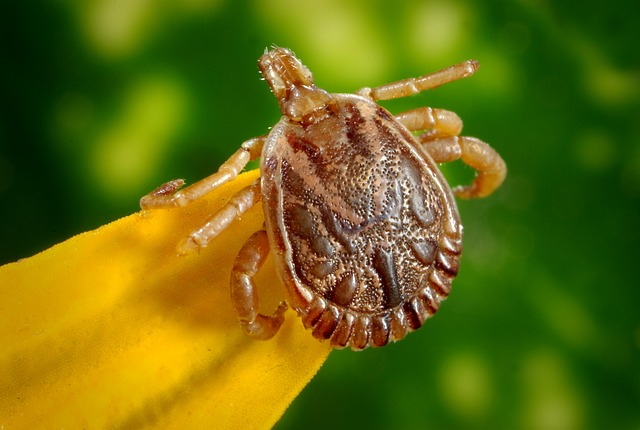Fleas and ticks are parasites that suck blood and target warm-blooded mammals. To survive they need blood. However, this may be the only thing they have in common. When you have a flea infestation in your home, there’s a lot of different treatment options for you. One of the most favoured treatments is house fumigation for fleas.
- Type of parasite – Fleas are an insect that has six legs. To get from host to host they jump and crawl. Ticks on the other hand have eight legs, so are technically arachnids. They are in fact very closely related to the spider, so they can’t jump. When a host passes by them, they just climb onto them.
- Hosts – Fleas love fur, so will only go for animals that are furry. If you have pets, you’ve probably one or two run ins with fleas before. Ticks aren’t picky. If the target is warm-blooded that’s all they need. Which means they can actually attach to us as well as animals.
- Feeding – To feed, a flea will bite the skin and then eat. This is also how they transmit diseases. Ticks also bite and break the skin, but their bite is a lot stronger and once they’ve bitten they latch on.
- Removal – Fleas are easy to pick off animals and can be combed out of fur too. Ticks need to be removed with a lot of care, because improper removal can lead to skin infections for animals and people..
- Lifespan – Adult fleas can live for around 100 days, but that greatly depends on whether they’ve got a good host to feed off. Ticks take a long time to become an adult – around 3 years.
- Temperatures – Fleas aren’t picky about the weather. Cold or warm, they will survive. If it’s a bit chilly, it slows them down but doesn’t kill them. Ticks can survive in very cold and very hot temperatures. As long as they have a warm source of blood they can acclimatise to most environments. Ticks prefer warm and humid weather.
- Diseases – Fleas can transmit diseases to us, but it’s not very common anymore. Ticks are the ones who can have a very negative impact on our health. Lyme disease is the top illness a tick can carry, and is a very serious disease to have.






